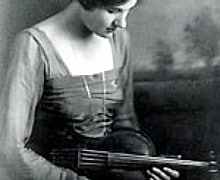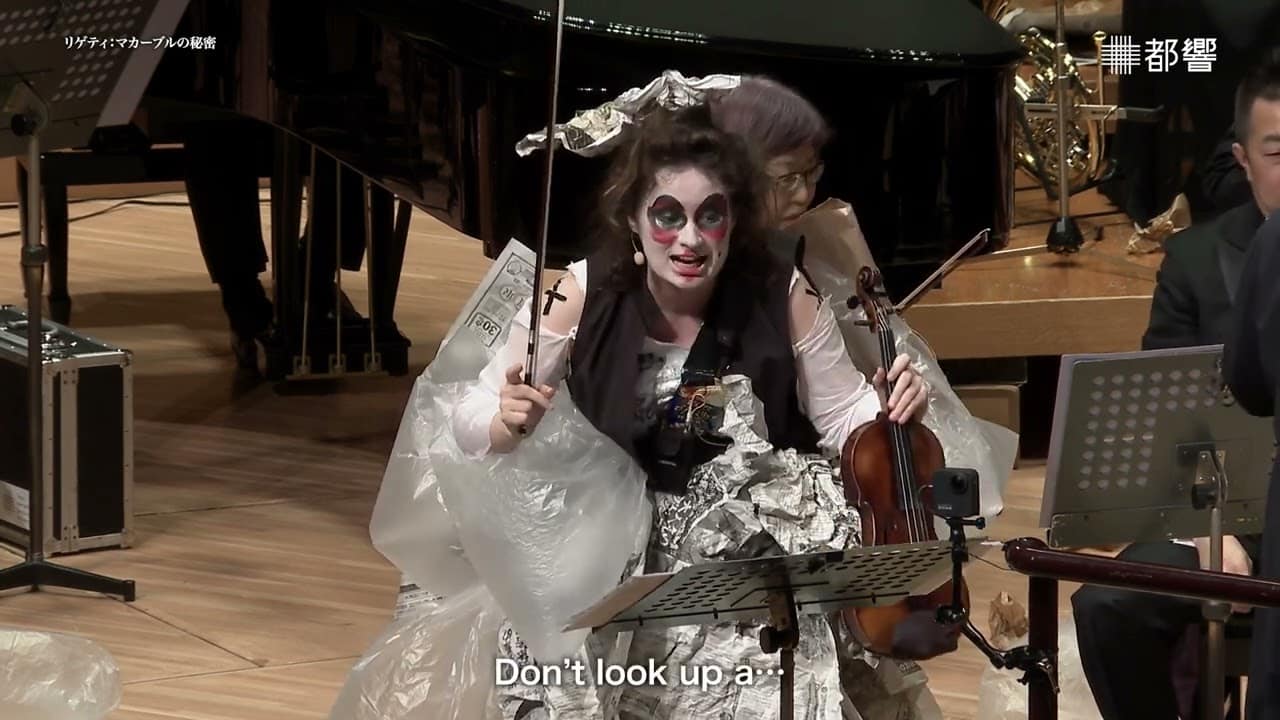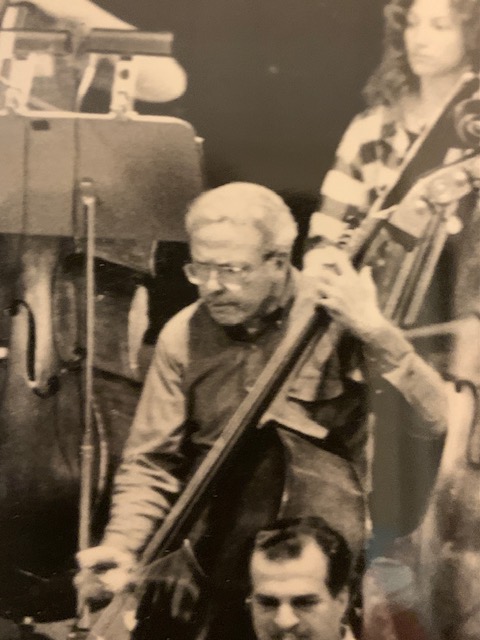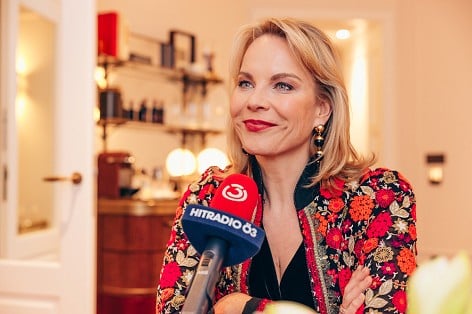Woman composer runs rings around Germany’s finest
mainDoes the name Rebecca Clarke pluck a string?
Thought not.
She was an English viola player who struggled, against family and social prejudice, to be a composer.
In 1919 she wrote a sonata for her instrument.
It’s good. So good, so thoughtful, so engaging, that on a new recording it overwhelms a concurrent work by Paul Hindemith, at the time Germany’s fastest rising composer. Clarke went on to share a competition prize with Ernest Bloch, only to be disqualified for her sex.
The Clarke sonata is my album of the week on sinfinimusic.com. Click here to read.






Comments